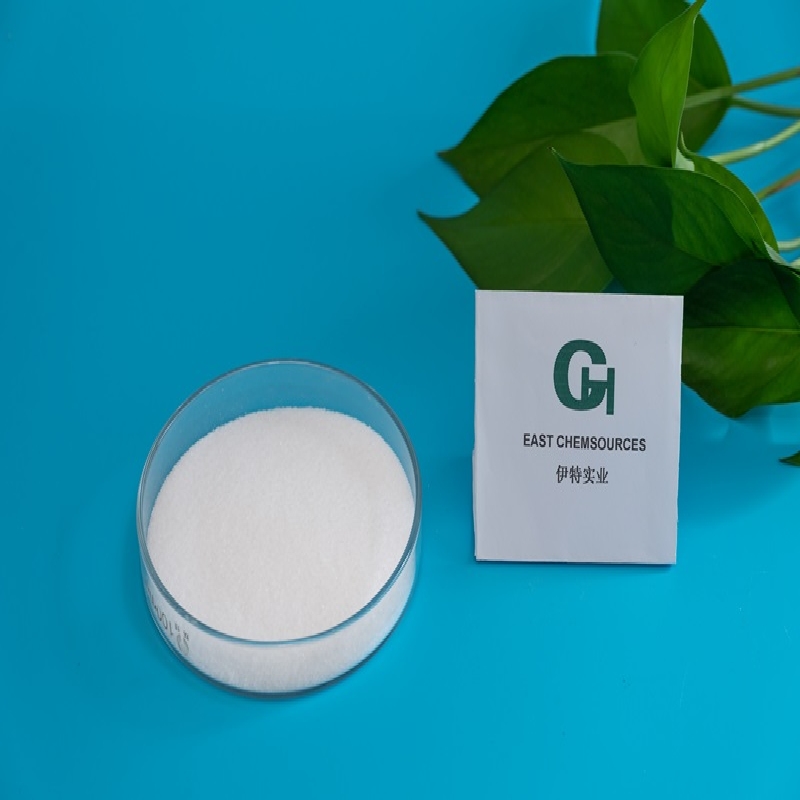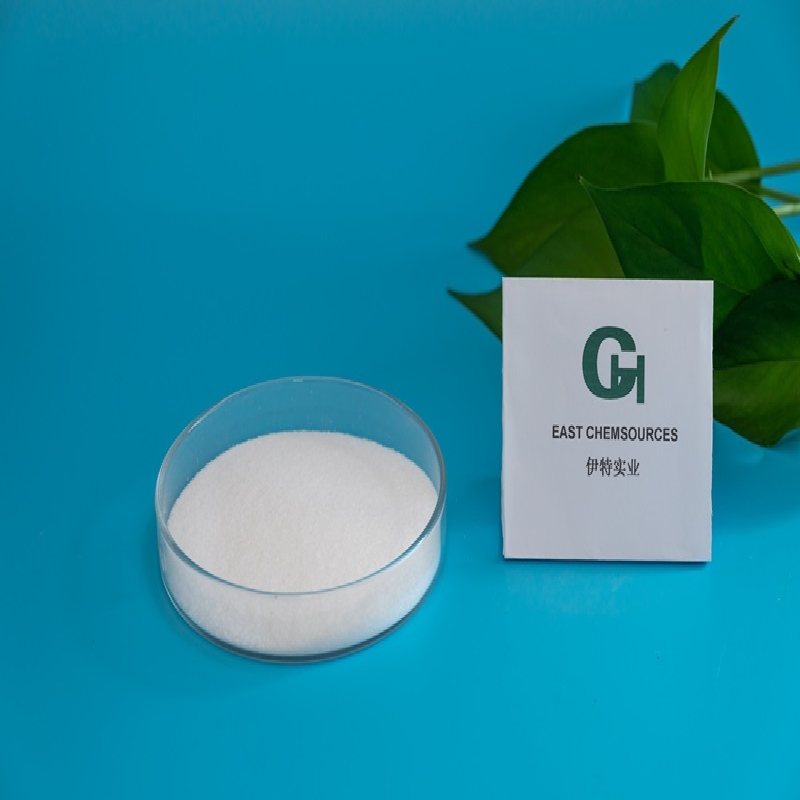-
Categories
-
Pharmaceutical Intermediates
-
Active Pharmaceutical Ingredients
-
Food Additives
- Industrial Coatings
- Agrochemicals
- Dyes and Pigments
- Surfactant
- Flavors and Fragrances
- Chemical Reagents
- Catalyst and Auxiliary
- Natural Products
- Inorganic Chemistry
-
Organic Chemistry
-
Biochemical Engineering
- Analytical Chemistry
- Cosmetic Ingredient
-
Pharmaceutical Intermediates
Promotion
ECHEMI Mall
Wholesale
Weekly Price
Exhibition
News
-
Trade Service
There are approximately 500,000 to 600,000 new cases of esophageal cancer worldwide each year, with a high mortality rate.
, nearly half of all cases of esophageal cancer are in China, and esophageal cancer is one of the leading causes of cancer death in China.
there are no specific symptoms in the early stages of esophageal cancer, most patients are diagnosed with advanced stage, and treatment options are limited.
even in high-income countries, the five-year survival rate for esophageal cancer patients is only about 25%.
it self-evident that early diagnosis is essential to the survival of people with esophageal cancer.
a new study published in The Lancet, an innovative test inglising technology has bright results: a swallowable "small pill" can detect up to 10 times as many precancerous patients as a regular endoscopy process, and better identify early esophageal cancer.
the study focused on Barrett esophagus, a precancerous lesions that is a complication of gastroesophageal reflux disease and a major risk factor for esophageal adenocarcinoma.
with the increase of gastroesophageal reflux disease, the incidence of Barrett esophageal and esophageal adenocarcinoma in China is also increasing.
usually, Barrett's esophageal patients are diagnosed with an endoscopy after long-term reflux symptoms. The innovative test, developed
the Research Team at the University of Cambridge, called Cytosponge-TFF3, resembles a small pill that expands into a small sponge after swallowing and reaches the stomach, which quickly pulls out the esophagus cells that can be analyzed using the marker TFF3 in laboratory tests.
the large-scale trial, the team tested whether the innovative test could detect more Barrett esophageal patients than conventional standard procedures. The
team eventually included 13,222 subjects at 109 general practice clinics in the UK who had been receiving gastroesophageal reflux therapy for more than six months and had not received an endoscope for the past five years.
subjects were randomly grouped at 1:1 to undergo routine standard procedures (endoscopy only when the doctor deemed it necessary), or standard procedures plus cell sponge-TFF3 tests, such as TFF3 positive, followed by endoscopy.
in a year, the routine medical team detected only 13 cases of Barrett esophagus, while the cell sponge-TFF3 test ingon sfound 140 cases, the detection rate is 10.6 times the routine procedure! In addition, cell sponge-TFF3 also diagnosed four cases of heterogenous hyperplasia Barrett esophagus (higher tumor-variant) and 5 cases of early esophageal cancer, which were not found in the conventional treatment group.
the most common side effect in patients who successfully swallow "small pills" is sore throat, affecting about 4% of patients. Professor Rebecca Fitzgerald, of the University of Cambridge,
research and newsletter, said: "After nearly a decade of research and testing of thousands of patients, research has shown that we provide a better way to diagnose Barrett's esophagus.
cell sponge allows more patients to be detected early and have a better chance of survival than endoscopy, a fast, simple, and uncomfortable test. Dr Julie Sharp, head of health and patient information at Cancer Research UK, said
: "This is good news for patients, with studies showing that this test is beneficial and protects unnecessary patients from potentially uncomfortable endoscopy;
" it's worth noting that Liz Chase Chipchase, a retired scientist from the University of Cambridge, was one of the beneficiaries of the clinical trial.
she had a history of gastroesophageal reflux for many years, but had not deteriorated in recent years, so she thought she was in good health.
However, she was pleased to accept the invitation to clinical trials because of her interest in new technologies.
cell sponge-TFF3 test results found that she not only had Barrett's esophagus, but also had early esophageal cancer.
good, she had an endoscopy surgery to remove the cancerous tissue, after receiving follow-up treatment has now been cured. "I know the survival rate of esophageal cancer is not high, and it's great to be cured, "
.
If I hadn't been invited to the trial, I wouldn't have known I needed to be treated for early cancer.
the experiment saved my life.
", "Ms. Liz Chipchase thinks she's very lucky.
, researchers are currently evaluating the test economically and hope to apply it to clinical practice within the next 3-5 years to provide early screening for cancer in patients with gastroesophageal reflux.
expects this innovative testing method to benefit more patients!







